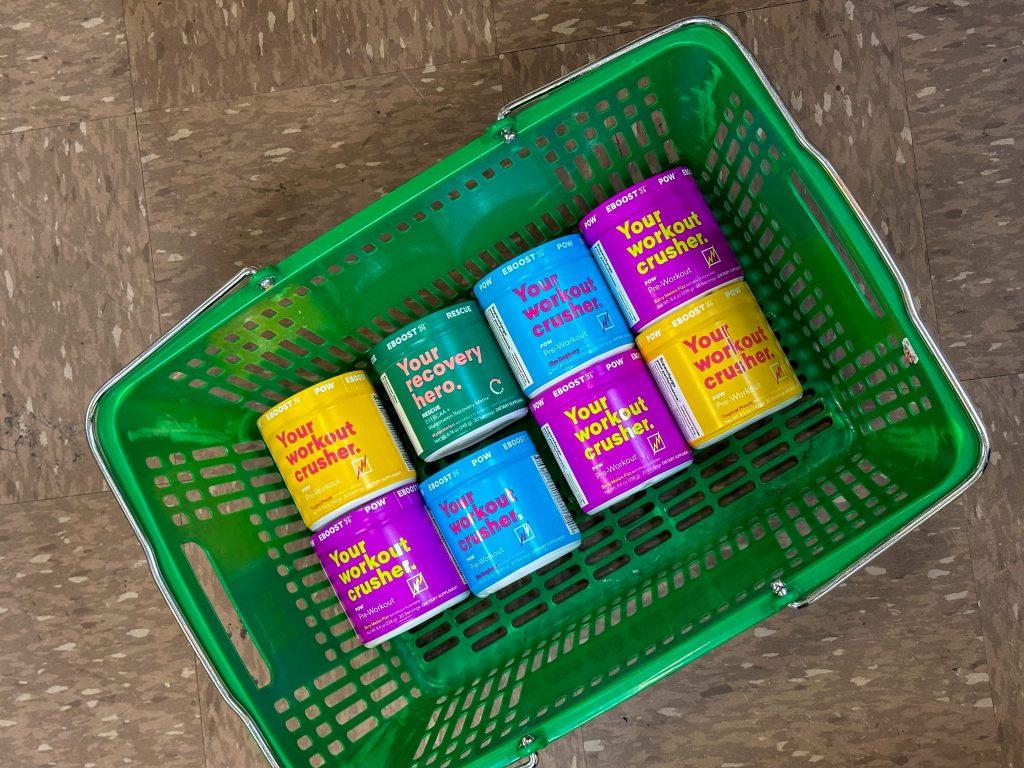Do you ever experience moments when you are in the middle of talking with someone and completely forget what you were going to say? Does a certain word you are trying to say sometimes not come to you? You might be experiencing a common phenomenon known as brain fog. If you’re feeling sluggish and forgetful, easily distracted or completely overwhelmed by mundane tasks, you may be experiencing brain fog. Although brain fog is a more popular term, it doesn’t have a scientific definition, but we are going to define it the best we can and share tips for dealing with brain food.

What is brain fog?
Brain fog is a cluster of cognitive symptoms that people experience. A big trigger is inflammation.
It can include any or all of the following:
- Trouble focusing.
- Trouble remembering familiar details like names, places or words.
- Slow reaction times.
- Slow to process information.
- Fatigue.
- Frequent loss of train of thought.
8 Tips for Dealing with Brain Fog
There are some quick things you can do to address brain fog. Because these small changes to your everyday life can build up over time, greatly impact your immune system response, and reduce inflammation.
- Focus on eating better: Your body may be low or deficient in certain vitamins and/or minerals which is a reason you could be experiencing brain fog.
- Get plenty of sleep. Our bodies can do some wild things when we are constantly not giving it as much sleep as it needs. Aiming for around 8 hours or more can offer great support with brain fog.
- Move: Adding more movement into your daily life can help significantly. A good goal can also be to work out for 30 minutes 5 days a week.
- Drink SUPER FUEL. Studies suggest that taking an L-theanine supplement may help improve mental alertness, reaction time, and memory. Well, you guessed it. SUPER FUEL contains L-Tyrosine, Natural Caffeine and L-Theanine. Three Nootropics are great for fighting brain fog.
- Challenge your brain. Try adding problem-solving through puzzles and games into your regular routine.
- Avoid excessive alcohol.
- Set alarms: This can be really helpful in remembering things like appointments.
- Take regular breaks: Especially during long projects, so you’re better able to maintain focus and finish tasks.
Brain fog has many possible causes, some of which are serious. It’s essential to work with a healthcare professional to get proper care. It is also worth noting that many clinicians prefer to use the term “cognitive impairment” instead of brain fog. Additionally, the key to knowing if it is something worse than just brain fog is that brain fog does not get progressively worse the way mental abilities can degenerate. You may have some days that are worse than others, but brain fog tends to impair your cognitive function to the same extent each time.





